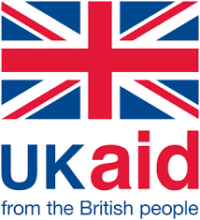Resource information
While academics have largely shifted their focus from ‘women in development’ to addressing women and men as
part of broader ‘gendered’ social relations, this shift is yet to be fully translated into development practice. This
requires development practitioners to be sensitive to local contexts and to the various inequalities they contain
with regards to land rights and land use (based on class, gender, age, migration status etc.).
•• Empowering women means more than just providing them with a property title. They need to be educated on their rights and find their voice in local and national decision-making processes in order to be able to challenge existing gender stereotypes and claim their rights to access land.
•• Empowering women also requires the inclusion of, and support of, men, for example through raising awareness about gender and land among men to build social legitimacy for gender-equitable institutions and decisionmaking processes on land.
•• Agricultural investments specifically need to be grounded in broad-based consultations through their initial design, structuring and negotiating stages. They then need to be carefully monitored by governments and development agencies throughout project implementation to ensure that they do not exacerbate existing inequalities around gender and land, but recognise, respect and compensate for the alienation of different land users’ rights.
About: Land: Enhancing Governance for Economic Development (LEGEND) is a DFID programme that aims to improve land rights protection, knowledge and information, and the quality of private sector investment in DFID priority countries. It includes the development and start-up of new DFID country land programmes, alongside knowledge management activities, a challenge fund to support land governance innovations, and management ofcomplementary DFID grants, MoUs and contracts, and supported by a Core Land Support Team.



